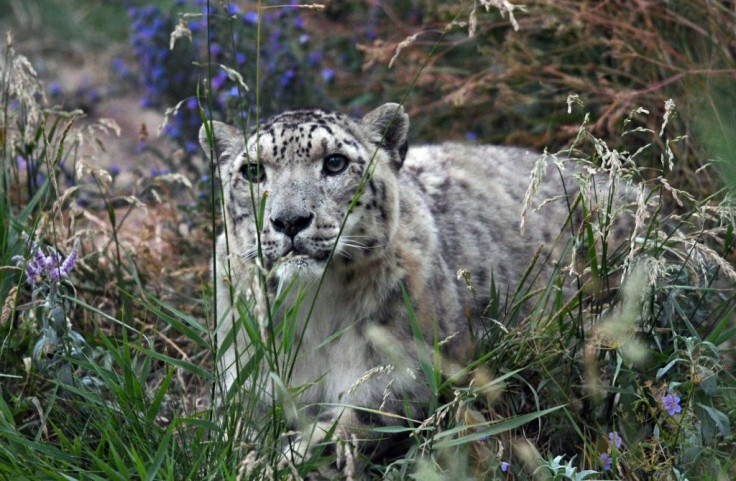A Sixth Animal Species Has Tested Positive For Coronavirus
Another big cat species has tested positive for COVID-19.
It was announced on Friday that a snow leopard at a Kentucky zoo tested positive for the virus, which makes it the first of its kind in the U.S. to contract the virus.
Three of these snow leopards were showing signs of illness, but only one has tested positive thus far. The other two are currently undergoing testing, according to the Associated Press.
The cats were showing symptoms of various respiratory issues, but they were only mild. They’re expected to make full recoveries and are being monitored closely, the Louisville Zoo reported.
Even though all staff is required to wear personal protective equipment (PPE), the leopards are said to have contracted the virus from a caretaker that was asymptomatic.
In March and April of this year, National Geographic confirmed almost a dozen tigers and lions contracted the virus at the Bronx Zoo in New York. There were also several other big cats that showed symptoms but weren’t tested.
A puma in South Africa also tested positive in August.
These animals are said to have contracted the virus from asymptomatic workers or handlers as well.
Meanwhile, during the same time period, domestic animals also tested positive for the virus. Two cats in New York contracted it, as well as two dogs in China and a cat in Belgium.
Many have questions about COVID-19 and animals, and they took to Twitter to share their questions and thoughts.
Will there be a veterinary Covid-19 vaccine prepared for amimals?
— Drsyedrazaali (@Drsyedrazaali1) December 11, 2020
I’m guessing he wasn’t wearing his mask. 🤦🏼♂️🤦🏼♂️🤦🏼♂️🤦🏼♂️🤦🏼♂️🤦🏼♂️🤦🏼♂️🤦🏼♂️🤦🏼♂️🤦🏼♂️
— Adriano Caprara (@adriano_caprara) December 11, 2020
By the way, why the heck is anyone wasting tests on zoo animals?
What tests were performed?
— LoriElvera (@Kenoshasam) December 11, 2020
The Center For Disease Control and Prevention (CDC) recommends that those with the virus should avoid all contact with animals while they’re recovering and in quarantine.
“At this time, there is no evidence that animals play a significant role in spreading SARS-CoV-2, the virus that causes COVID-19, to people,” the CDC reports.
The Louisville Zoo in Kentucky is still open to guests, but the snow leopard exhibit will remain closed until all the animals make a full recovery.

© Copyright IBTimes 2024. All rights reserved.











